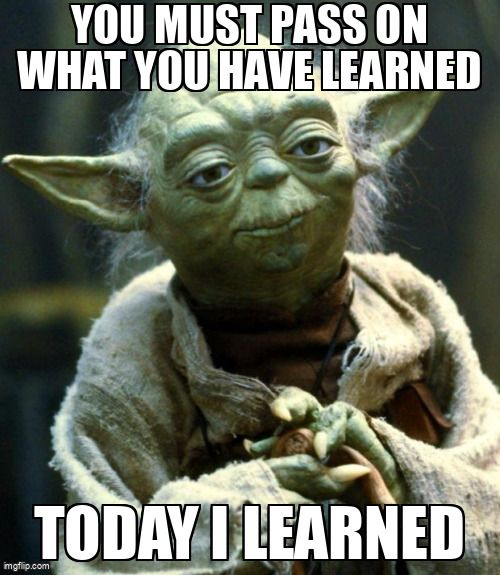
This logo isn't an ad or affiliate link. It's an organization that shares in our mission, and empowered the authors to share their insights in Byte form.
Rumie vets Bytes for compliance with our
Standards.
The organization is responsible for the completeness and reliability of the content.
Learn more
about how Rumie works with partners.
Have you ever been stuck in a chat that felt as boring as watching paint dry?
What if you could turn any conversation from "meh" to memorable?
Explore simple and creative strategies designed to empower you, ensuring you know how to make interesting conversations anyplace, anytime.

Tip 1: Play the "What if" game
Spice up your conversations with a dash of imagination.
“What if” questions open doors to uncharted waters in conversations, sparking creativity and humorous remarks. A classic would be, "What if you could travel through time —where and to what era would you go first? Why?"

Do
Ask open-ended “What if” questions that invite creative thinking.

Don’t
Pose overly complex or obscure scenarios that might confuse the other person.

Try this strategy with the four FORD questions:
Family
"If you could meet an ancestor from 100 years ago, what would you ask?"
Occupation
"If money was no object, what kind of business would you start?"
Recreation
"If you could instantly master a skill, what hobby or activity would you pick?"
Dream
"If you could make one childhood dream come true tomorrow, what would it be?"
Quiz
When is it NOT a good idea to ask a "What if" question in a conversation?
Beginning a conversation with "What if" questions may seem abrupt and give the impression of disinterest in the other person.
Tip 2: Share some recent learning
Talking about something new you've learned not only makes the conversation more engaging but also helps the other person get to know you better and discover things you both have in common.

Do
Relate what you've learned to topics that may interest the other person.

Don’t
Turn it into a one-sided speech. Keep it short and captivating.

Here are some phrases to kick off your sharing:
"I've been diving into [topic], and it's incredible to learn..."
"I was reading about [topic] the other day, and it blew my mind that..."
"I recently took a course on [topic], and one thing that really stood out to me was..."
Tip 3: Tell a personal story
Stories have the power to emotionally connect people and make the conversation more engaging. When you tell a memorable story, it's like adding salad dressing to greens — it makes the conversation more appealing.

Do
Use vivid descriptions and emotions to bring your story to life.

Don’t
Overshare or drift into irrelevant details.
Remember to build your story with answers to who, what, when, where, why, and how.
Document your stories, and tell your story in a way that piques listeners' curiosity.
As described in the video above, whenever something emotionally moves you, capture it. Do this every day, and after a year, you'll have 365 stories to tell.
Tip 4: Ask for opinions on unusual hypotheticals
Unusual hypothetical questions can reveal deeper insights into someone’s values and preferences. By exploring these imaginative scenarios, you get a unique window into what truly matters to them.

Do
Choose thought-provoking and fun hypothetical questions.

Don’t
Ask anything that might make the other person uncomfortable.

Give these a shot and tweak them to fit the topic you're discussing to make the conversation interesting:
"If you had to live in a movie universe for a year, which one would you choose and why?"
“Would you rather have the ability to speak all languages or be able to speak to animals?”
"Imagine if you could swap lives with anyone for a day. Who would you choose and what would you do?"
Tip 5: Reference your surroundings
Observing and commenting on your shared surroundings not only provides an easy way to initiate interesting conversation, but also helps to uncover shared interests and viewpoints.

Do
Share mental notes of your environment that can pique curiosity.

Don’t
Make negative or critical comments about your surroundings.

Adjust your questions to fit where you are:
"Have you tried the new seasonal latte on the menu? I'm curious if it's as good as it sounds."
"Have you noticed the artwork on the walls here? It makes me wonder about the story behind each piece."
"Seeing all the freelancers and remote workers in this café always intrigues me. Do you prefer working from home, or in an office setting?"
Take Action

Now you've got what it takes to turn regular chats into super interesting talks!
You've learned 5 key strategies on how to make interesting conversations:
Asking "What if" questions
Talking about your recent learning
Sharing stories
Throwing in some wild hypotheticals
Using stuff around you to spice up your chats
Now put them into action!
This Byte has been authored by
Jason Hsia
Community Coordinator/Learning Designer
MEd